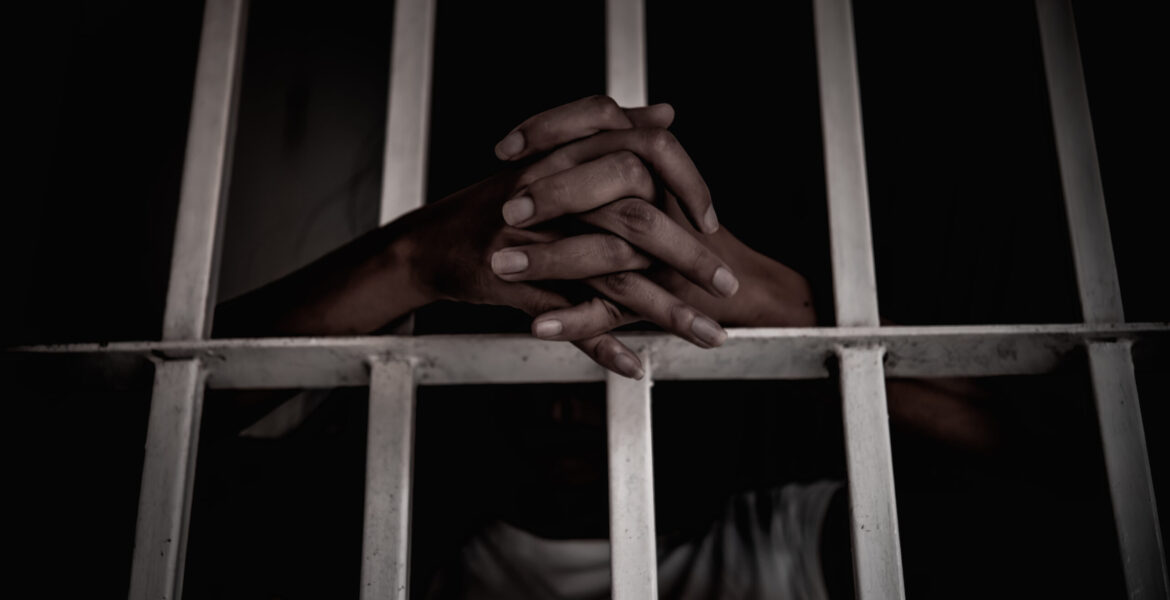- Govt blames lack of financial literacy and increased cost of living
- Keorapetse declares households debts a pandemic
SESUPO RANTSIMAKO
A total of 2384 Batswana have been put under civil imprisonment as debtors since Mokgweetsi Masisi assumed office as president in 2018, The Botswana Gazette has established.
Responding to a question from the MP for Selibe-Phikwe West, Dithapelo Keorapetse, the Minister of Justice Machana Shamukuni attributed the judgement debtors to a rise in unemployment, lack of financial literacy and increased cost of living.
Despite calls for a revision of the policy in the face of increasing numbers of judgment debtors, Minister Shamukuni said so far there is no consideration to change the position of the law.
Not unjust
“Civil imprisonment is part of our law and is provided for under the High Court and Magistrates Acts,” he said. “Civil imprisonment is for an unwilling judgement debtor to comply with the obligation to pay; it is not unjust, illegal or unreasonable.
“It is the law of the country as provided for in our constitution at Section 5. Further, civil imprisonment is part of our law and is not discriminatory.”
In response to the State of the Nation Address recently, Keorapetse – who is also the Leader of the Opposition, described Botswana’s household debt a pandemic.
“They (Batswana) are indebted to micro-lenders, pawnshops and other financial institutions such as banks,” he said.
Household debt
“According to the Household Indebtedness Survey Report of 2020/2021 by Bank of Botswana, combined with arrears, household debt was P59.2 billion, translating into 30.3 percent of GDP.
“Batswana are drowning in debt because of relative poverty, slave wages and unemployment/underemployment. They buy basic needs and services with borrowed money.
“Predatory and unethical lending has become a major problem in our financial sector. Micro-lenders and other lenders entice Batswana with all sorts of products that put them further and further into debt. The take-home policy of government is outdated.”
The high unemployment rate was also compounded by Trading Economics, which indicated that the rate in Botswana increased to 24.50 percent in 2021 from 23.30 percent in 2020 and is expected to reach 26 percent end of 2022.
322 000 people vulnerable
This was also emphasized in the latest report of Statistics Botswana’s Quarterly Multi-Topic Survey (QMTS) that says in quarter four of 2019, unemployed persons were estimated at 211 473, increasing to 238 731 in quarter four of 2020.
The 2021 fourth quarter estimate was 252 316, an increase of 5.7 percent on quarter four of 2020.
The Umbrella for Democratic Change (UDC) has been mounting pressure on the Masisi administration to cushion the unemployed with an unemployment allowance for the youth and vulnerable people.
The party started with a petition before it tabled a motion in Parliament. As the mover of the motion, Keorapetse blamed unemployment for high crime rates, drugs and alcohol abuse.
He added that Botswana currently has an estimated 322 000 people who are not employed, are not in education and not in any form of training.

